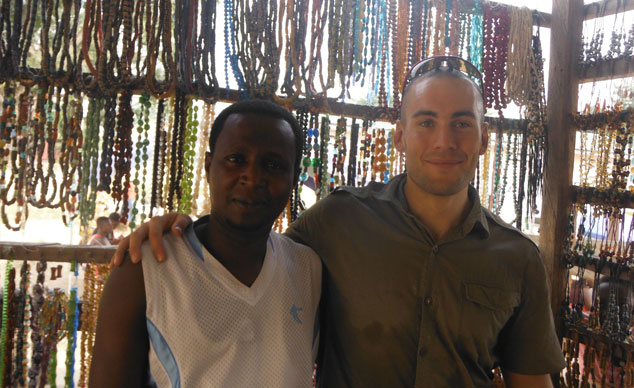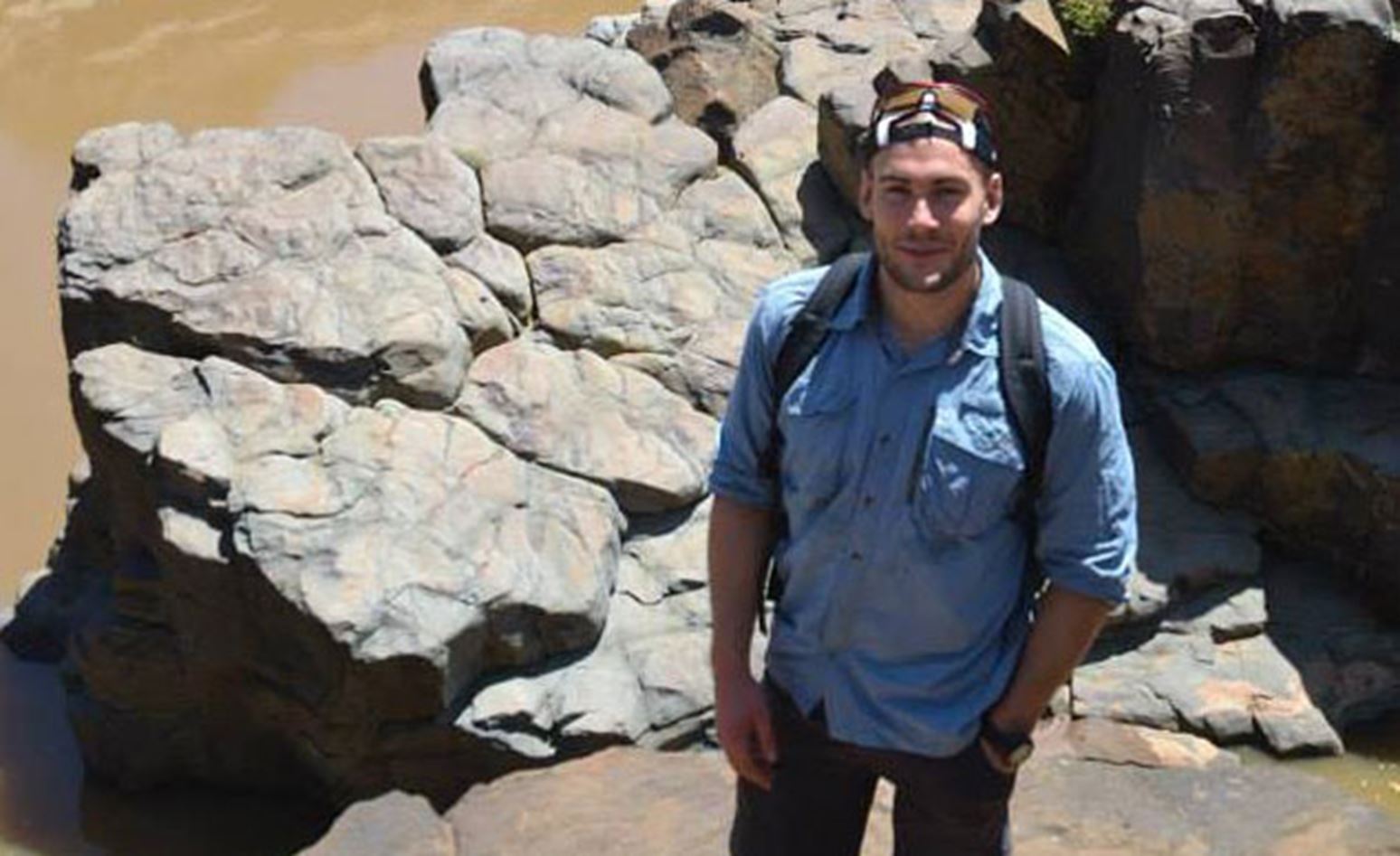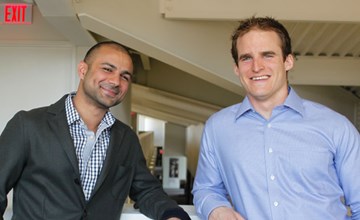Ivey PhD candidate Patrick Shulist carries a back-pack that must be 35 or 40 lbs through the Richard Ivey Building.
“It’s full of jewelry, actually,” he says.
Shulist has just returned from Africa, and, along with hours of research on entrepreneurship there, he has also brought back loads of handmade jewelry. There is no commission in it for Shulist, just the satisfaction of helping a few of the jewelry makers from Ghana he’s met bring their products to Canada.
Having been to Africa three times already, and a fourth trip back to Ghana booked for October, Patrick Shulist is on a mission to understand entrepreneurship in the developing world.
Prior to undertaking his PhD, Shulist was a mechanical engineer whose work took him to Haiti. While there, he became interested in poverty alleviation in the developing world, and realized small business ownership is a big part of the solution.
“It’s hard to fully appreciate the scope of the problem until you’ve been there. It’s difficult to see,” Shulist said. “There is only so much governments and big business can do to help.”
Enter Shulist.
His research involves interviewing entrepreneurs in African countries, primarily Kenya and Ghana, to learn how they gain the skills to start businesses and how they continue to develop as entrepreneurs.
Related to this story
“What I really concentrate on is the ongoing process by which people continue to acquire knowledge and skills while they are running their businesses,” he said.
“My research is really important in its own right because we often study entrepreneurship in the developed world and assume that the exact same processes are going on in the developing world. They’re not,” Shulist explained.
Once complete and published, his work will help large companies and NGOs provide better support for entrepreneurs in these countries.
“Entrepreneurship is just fundamentally different in the developing world,” he said. “People are, by necessity, entrepreneurs. Whereas here, people dive into entrepreneurship when people are pretty sure it’s going to work.” He added that entrepreneurship and small business employment can make up 80 per cent of the jobs in Sub-Saharan African.
By breaking down the entrepreneurial process in Africa and analyzing how entrepreneurs succeed and learn, Shulist hopes his research can be used to better educate and equip business owners in these regions. This, Shulist believes, is extremely valuable to furthering the development of these countries as a whole.
When he’s in Africa, it’s not all research, all the time. As part of the Ubuntu Management Education Initiative, started by Ivey Professor Nicole Haggerty, Shulist guides case-teaching and case-writing workshops for faculty at three partner universities in Ghana and Kenya.
“Getting to write cases is a great experience. It opens my eyes to how business is seen differently in Ghana and Kenya, and it also helps ensure that there are African cases to use in class,” Shulist said.
On his next trip in the fall, he’ll be back and teaching, researching and hiking the 5,199 metre Mount Kenya. Plus, he’ll reconvene with his jewelry-making friends to report back on their sales here in Canada.
With the long timeline for academic research to get published, and applied, working with the jewelers is Shulist’s way of offering a more immediate helping hand to entrepreneurs, such as Aminu and ‘DotCom’ (who gained the nickname for selling his crafts on Facebook), who have shared so much of their lives with him.
Tribal Mountain Trade in Downtown London has agreed to carry the jewelers’ unique products in-store this summer, meaning Shulist will at least be able to take some of that weight off his shoulders and out of his backpack.

Shulist with jewelry-making entrepreneur Aminu.



